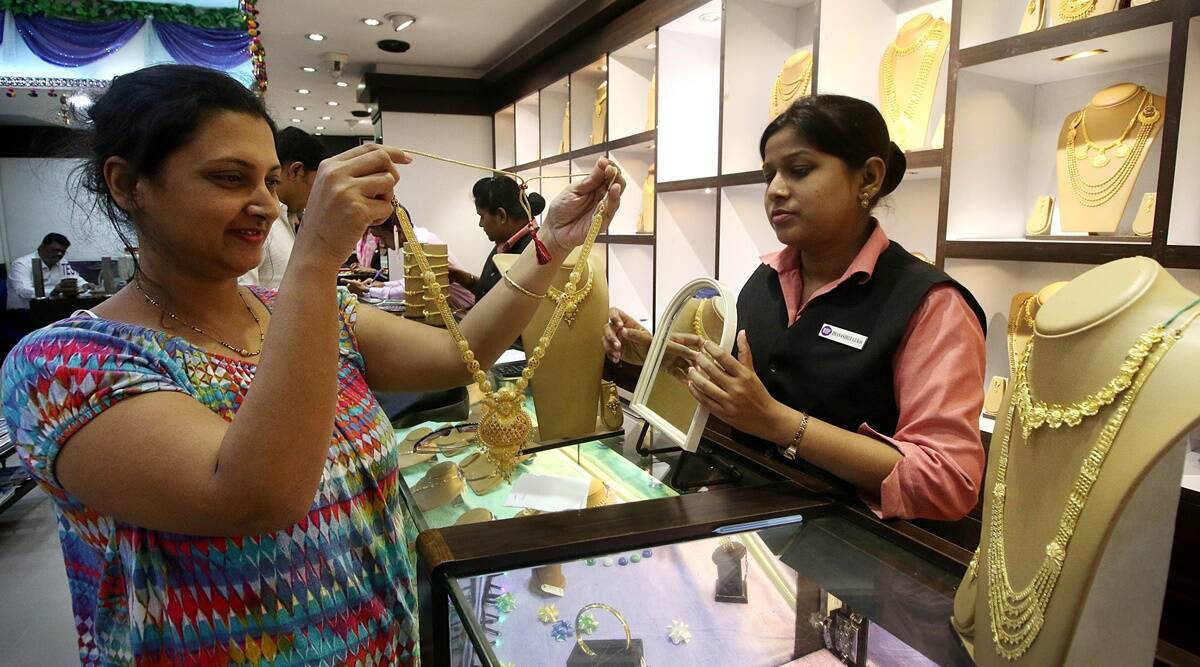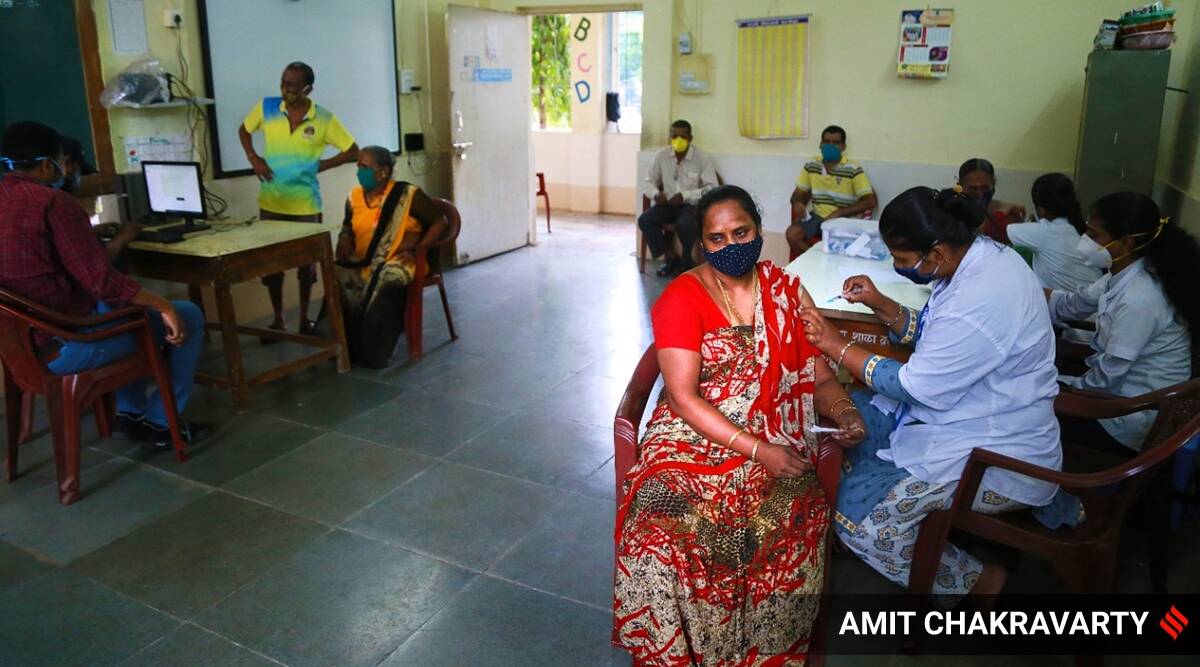In the small town of Koduvalli in Kerala’s Kozhikode district, every third or fourth shop can be found selling jewellery. But footfall is visibly low in one of India’s major jewellery hubs—just one customer enters a shop every four-five hours, says a gold merchant.
Meanwhile, Kozhikode district, the state’s forex nerve centre, has seen a drastic fall in the sale and purchase of foreign currency, according to businessmen.
Amid fears of another Covid-19 wave in multiple parts of the world, businessmen and residents in the region, one that depends heavily on money flow from abroad, feel these proxy indicators point to a disquieting fact—recovery may not exactly be on the horizon for the state’s economy, especially its remittance and tourism-driven component.
Take Koduvalli again. The town had around 100 gold shops in a 500-metre stretch. Many have shut because of the pandemic. Businessmen say gold demand is down 40 per cent.
Challenge for incoming govt
The new government that will come to power in Kerala has its task cut out for it. Not only does it face a surge in Covid-19 cases, but it also has to deal with the fall in remittances—one of the most crucial cogs in the state’s economy. Businessmen are hoping for measures to trigger economic activity in some sectors which could give a fillip to the economy.
Experts, meanwhile, say the fall in NRI deposits may not be as bad as predicted. “The decline in the NRI desposits and the money flow has not been so bad as the forecast has given. The drop in the forex can be attributed to the fact that a number of people who returned through Vande Bharat flights have brought in the money instead of sending it through banks or private firms,” said S Irudaya Rajan of Centre for Development Studies and a migration expert.
Rajan who co-authored ‘The Kerala Migration Survey 2018’ is currently studying those who returned from abroad during the pandemic and lockdown period. “The predictions were that there would be a fall of 23-25 per cent in the NRI deposits, but we found it is between 13-15 per cent,” he said.
But he added: “The crisis is still there because many people, who are the sole source of income for their families in Kerala, have not been paid their salaries by their employers in the Gulf region.”
According to Rajan, around 1.3 million people returned to Kerala during the crisis.
MPM Mubashir, Executive Director at Al Hind Tours and Travels Pvt. Ltd, felt that both the state and region are staring at a crisis and there’s no sign of recovery. “Kerala is a state that depends heavily on tourism industry and foreign money. After the pandemic peak season, many sectors have shown green shoots and signs of recovery. But both the travel and forex would take a long while to recover.”
The decline in the forex exchanges by Mubashir’s firm, one of the leading travel and tour agencies in the state and an FFMC licence holder, could well reflect the reality on the ground.
While the purchase of foreign exchange by the firm has come down from Rs 233 crore in 2019-2020 to Rs 76 crore in 2020-2021 at the national level, in Kozhikode itself, it has dropped from Rs 106 crore to Rs 56 crore. In the sales, the decline was from Rs 236 crore to Rs 76.50 crore at the all-India level. It dropped from Rs 107 crore to Rs 58.5 crore in the district. “Kozhikode accounts for almost 80-85 per cent of forex exchange in Kerala. The picture is similar with the other forex firms here,” Mubashir asserted.
K Surendran, a gold merchant in Koduvalli, echoes fears of this grim scenario. “After the economic boom in 1998-2000 during which areas like ours witnessed a golden period, we have gone through many crises. Since 2016, we have gone through Nipah virus outbreak, two major floods, Covid and lockdown. By the time we get out of one, the other came. For the gold business, things are really bad,” he said, adding that the market was down by 60 per cent during the peak period of Covid.
“It has picked up a bit when households started purchasing gold for marriage and other occasions. But it is still down by 35-40 per cent,” Surendran said.
“The crisis has not affected the big shops because they have loyal customers and they still have money. But it has affected small businessmen and there are thousands of families depending on them and the allied business outlets,” said Surendran, who is also the president of the local gold merchant association. “Now that the number of cases going up in India, the production also will get affected. We really don’t know how things are going to be. The future is grim for us.”




